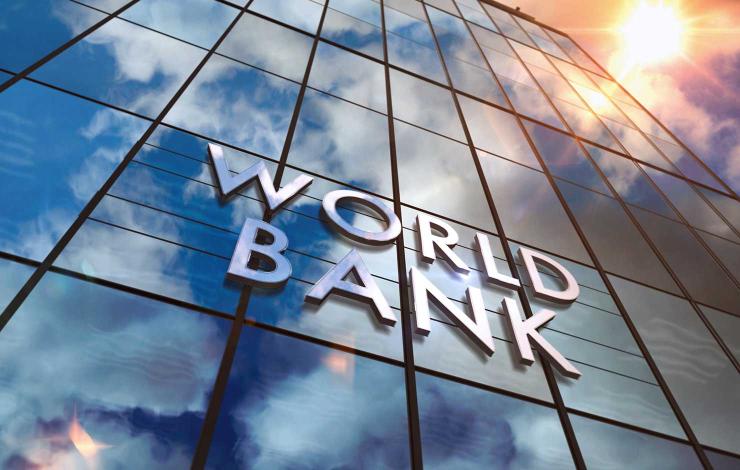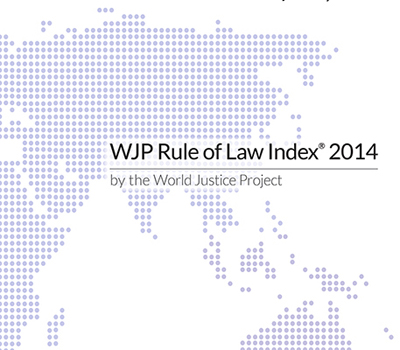

 On March 5th, the World Justice Project will launch the WJP Rule of Law Index® 2014, a report that measures how the rule of law is experienced by ordinary people around the world.
On March 5th, the World Justice Project will launch the WJP Rule of Law Index® 2014, a report that measures how the rule of law is experienced by ordinary people around the world.
Our latest release of the Index relies on surveys gathered from over 100,000 citizens and experts worldwide to offer a comprehensive look at a country’s performance in regards to fundamental rights, justice, security, corruption, governance, and other rule of law issues.
New data: Updated scores and rankings for 99 countries across 8 primary rule of law indicators and 44 sub-factors.
Additional countries: Afghanistan and Myanmar appear in the Index for the first time.
Data visualization: New country profiles that are easier to read and understand, and a new online data visualization of the data that brings the numbers to life.
Changes over time: For the first time, the Index will include reporting on significant improvements and deterioration in rule of law adherence worldwide.
Global and regional key findings: Global highlights and an analysis of regional strengths, rule of law challenges, best and worst performers, and trends to watch.
Mr. Brackett Denniston, Senior Vice President and General Counsel, GE
Dr. Margret Sikwese, Chairman of the Board, Citizens for Justice, Malawi
March 5, 2014
2:00 – 3:30 PM
CUNY Graduate Center
Recital Hall
365 5th Ave, New York, NY 10016
The event will be livestreamed - click here to watch on March 5th at 2pm
Press requests: [email protected] or call 206-792-7676

